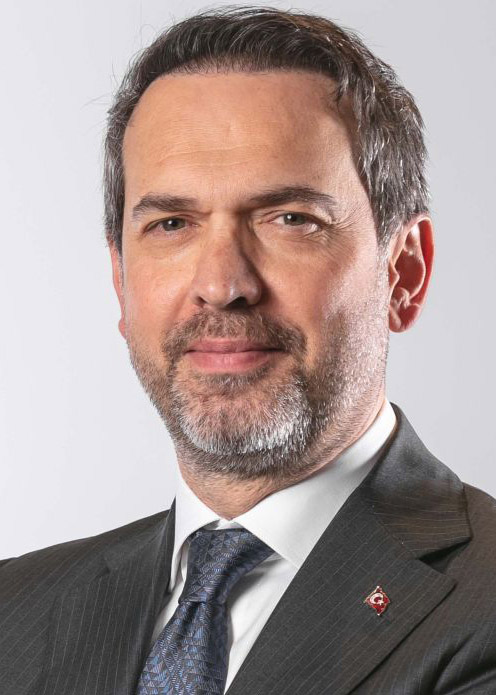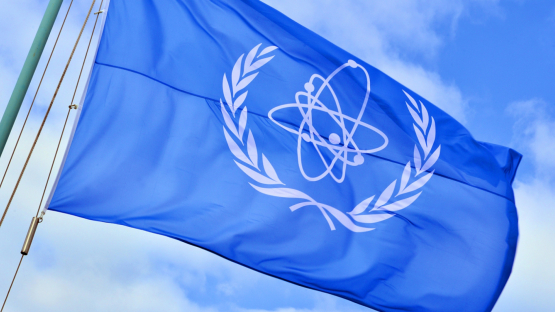Turkey reportedly leaning toward Russia for second nuclear plant
Turkey may be closer to moving ahead in a partnership with Russia for its second nuclear plant, Sinop, a proposed four-reactor facility on the Black Sea coast.

Bayraktar
Alparslan Bayraktar, Turkey’s minister of energy and natural resources, made statements last week indicating that Russia’s state-owned utility Rosatom may be edging out South Korea in talks over the project. He said Rosatom is “a company that’s invested in Turkey and gained experience.” In April, Rosatom started commissioning work at Akkuyu, Turkey’s first nuclear plant.
Rosatom announced Thursday that its director general, Alexey Likhachev, attended a meeting in Istanbul with Bayraktar, during which they discussed both the progress at Akkuyu and the potential to partner on the Sinop plant.
What was said: According to Bayraktar, the two discussed the road map for the commissioning of the Akkuyu unit.
“We are working intensively in order to put the first power unit into operation as soon as possible,” he said, reported a Rosatom news release. “At the same time construction of three other power units is going on. When all power units of Akkuyu NPP are put into operation, the power plant will provide for satisfy [sic] 10 percent of the electric power demand in Turkey.”
Plans for Akkuyu include four Russian-designed Gen III+ VVER reactors, each with a capacity of 1,200 MW. Rosatom planned to have all four units operational by the end of 2028. The plant’s construction license was issued in 2018 and work began that year.
Likhachev echoed that Rosatom is focused on preparation and start-up of Akkuyu’s first unit.
“Intensive full-scale start-up and adjustment works are in progress [and] at the current stage we are preparing the reactor plant for dummy fuel loading,” he added. “We understand how important it is . . . to start the first nuclear power plant [on] the Turkish grid as soon as possible.”
No details were released on specific discussions between the two parties regarding plans for the Sinop plant, but Bayraktar has said that licensing is expected to take several years and hopefully would include public-private partnership.
A closer look: While many of Turkey’s NATO allies are cutting reliance on Russian energy resources because of the country’s invasion of Ukraine, Turkey is still a partner. Russia is still the main supplier of crude oil and natural gas to Turkey, which has an electricity market of 85 million people.
Turkey wants to add 20 gigawatts of nuclear capacity to its energy mix by 2050.
Bayraktar told Bloomberg that negotiations are ongoing with U.S.-based Westinghouse Electric Co. for both small and conventional nuclear projects in Turkey. He said Westinghouse executives are scheduled to visit Turkey later this month.
Delays at Akkuyu? News reports earlier this month indicated the Akkuyu project could face delays due to sanctions that have been placed on subsidiaries of Rosatom, due to Russia’s actions in Ukraine. Some subsidiaries who may be affected are Joint-Stock Company Atomstroyexport (ASE JSC), which develops nuclear installation technologies, and the Vladimir Production Association Tochmash, which makes centrifuges for uranium enrichment.
The U.S. State Department said in April 2023 that it would work to constrain Rosatom “given [that] it uses energy exports, including the nuclear sector, to exert political and economic pressure on its customers globally.”










